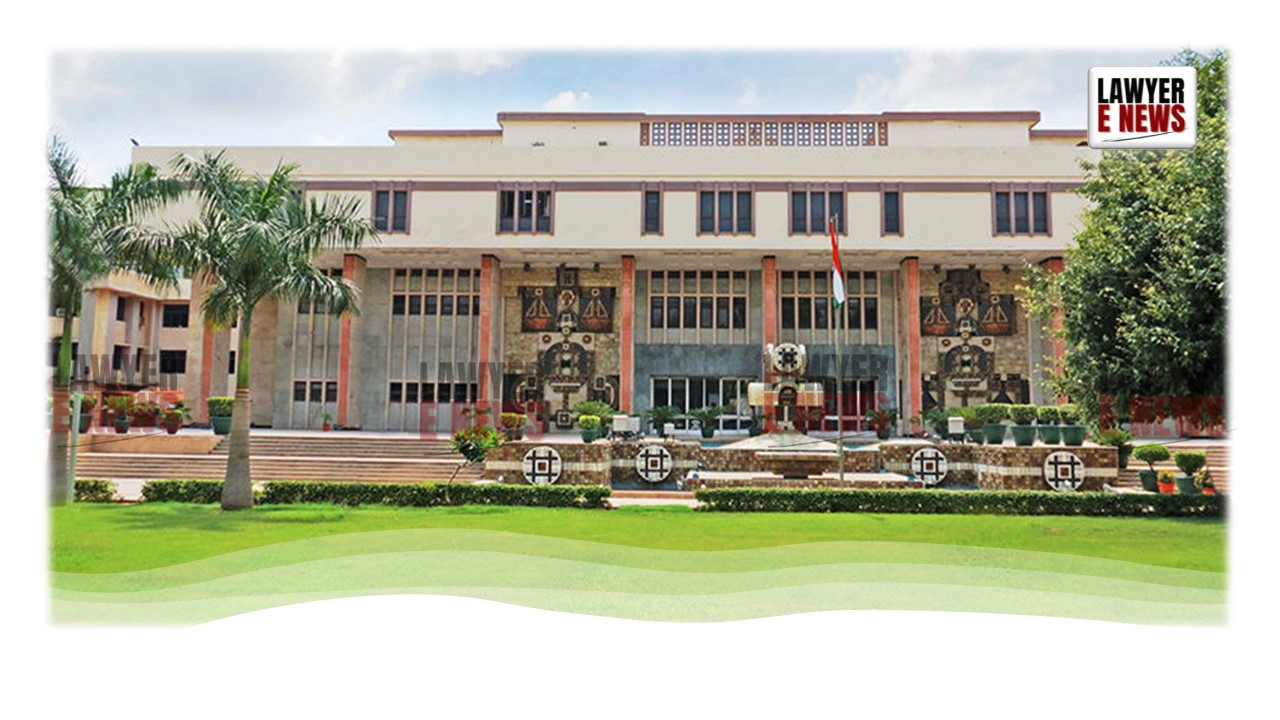-
by Admin
15 February 2026 5:35 AM



Today, Delhi High Court, comprising Justice Rajiv Shakdher and Justice Amit Bansal, dismissed an appeal by GAIL India Ltd. in the case GAIL India Ltd. v. UCO Bank & Anr.. The court upheld the rejection of a plaint under Order VII Rule 11 of the Code of Civil Procedure (CPC), 1908, finding GAIL's invocation of a performance bank guarantee (BG) invalid due to non-compliance with contractual terms. This decision reinforces the principle that invocation of a conditional bank guarantee must strictly adhere to the conditions outlined in the guarantee agreement.
GAIL India Ltd. entered into a contract with Harisons Industries (Respondent No. 2) for the construction of pipelines, with UCO Bank (Respondent No. 1) providing a performance bank guarantee of ₹2.09 crores. The BG was issued with an expiry date of April 25, 2013. GAIL attempted to invoke the guarantee on April 15, 2013, requesting payment if the BG was not extended by Harisons Industries. However, the guarantee expired, and GAIL's request was denied by UCO Bank. A subsequent legal notice was issued by GAIL, but UCO Bank maintained that the BG had lapsed due to non-receipt of the extension request. GAIL filed a suit seeking recovery of the guaranteed amount, but the Single Judge rejected the plaint, citing an invalid invocation.
The primary legal question was whether GAIL's invocation of the performance bank guarantee complied with the contractual conditions of the BG. GAIL argued that the guarantee was unconditional and payable "on demand" under Clause 6 of the BG. However, the court found that the invocation did not comply with Clauses 1 and 3, which required GAIL to cite a specific breach of contract by Harisons Industries as a pre-condition for invoking the guarantee.
The court held that GAIL's invocation letter failed to specify any default or breach of contract by Harisons Industries, which was essential under Clause 1 of the BG. As the letter only requested payment in case the guarantee was not extended, it did not satisfy the conditions for invocation.
“Clause 1 of the Bank Guarantee makes it abundantly clear that the liability of the respondent no.1 to make payment to the appellant would arise either when the respondent no.2 commits a default in performing the terms and conditions of the Contract or defaults in making payments due to the appellant.” [Para 14]
The court rejected GAIL's argument that Clause 6 rendered the BG unconditional. It clarified that Clause 6, which allowed for payment "on demand," must be read in conjunction with Clauses 1 and 3, which limited payment to cases of contractual breach by the contractor.
“The appellant seems to have overlooked the fact that the letter of invocation has to necessarily be in accordance with Clause 1 and Clause 3 of the Bank Guarantee. The terms of the Bank Guarantee have to be read as a whole and Clause 6... cannot be read in isolation to contend that the Bank Guarantee was unconditional or unequivocal.” [Para 18]
Relying on the Supreme Court's ruling in Hindustan Construction Co. Ltd. v. State of Bihar (1999), the Delhi High Court emphasized that strict compliance with the terms of the BG is required for valid invocation. In that case, the Supreme Court held that even if a bank guarantee appears unconditional, its invocation must comply with specific conditions in the agreement. Similarly, GAIL’s failure to mention a contractual breach in its invocation letter rendered the invocation invalid.
The court also addressed GAIL’s argument that the plaint raised triable issues. It noted that since the invocation was defective, the plaint failed to disclose any cause of action, justifying rejection under Order VII Rule 11 CPC.
“We have also examined the plaint of the appellant threadbare. There is not even a whisper in the plaint with regard to any breach of contractual obligations by the respondent no.2... The entire plaint proceeds on the assumption that the Bank Guarantee was unconditional and could be invoked on demand, without giving any justification for the same.” [Para 22]
The Delhi High Court dismissed GAIL’s appeal, finding no merit in the arguments presented. The court held that GAIL's failure to comply with the terms of the bank guarantee rendered the invocation invalid, and as such, no cause of action arose. All pending applications were disposed of.
Date of Decision: September 24, 2024
GAIL India Ltd. v. UCO Bank & Anr.
